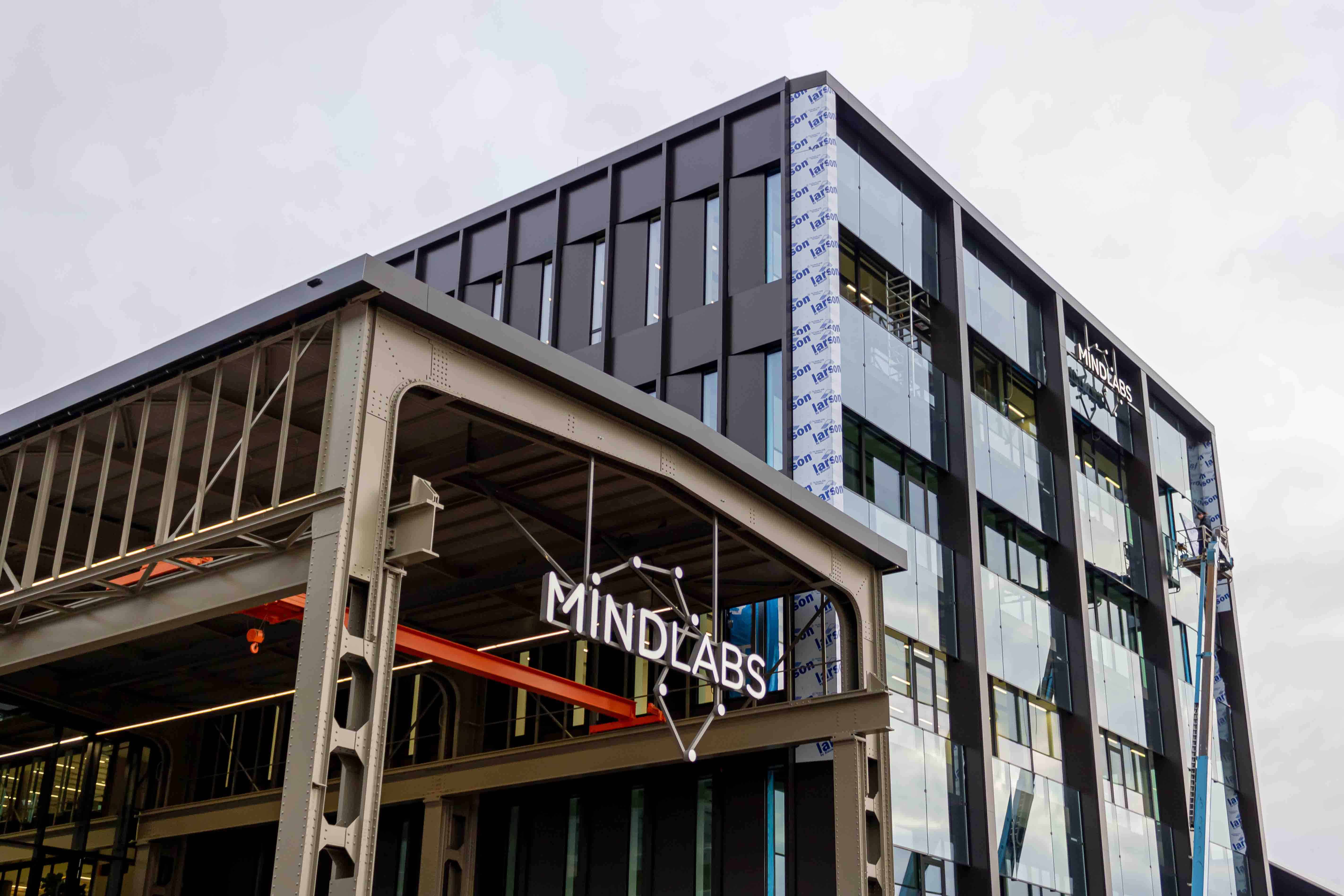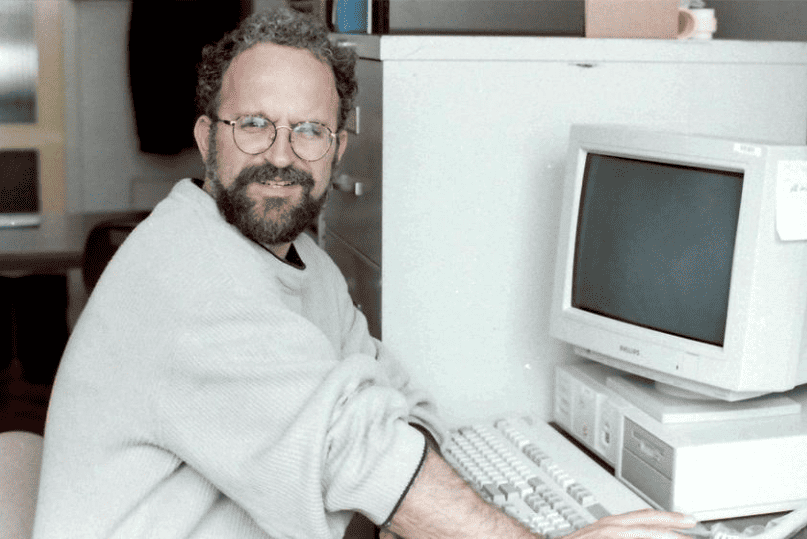
About STRM Privacy
- Founders: Bart Voorn and Pim Nauts
- Founded in: Rotterdam, The Netherlands
- Employees: 11
- Money raised: -
- Ultimate goal: To support companies in innovating with the help of data while respecting the privacy of users
A lot of companies collect large amounts of data and only afterwards wonder whether they are actually allowed to use it. How can you, as a company, continue to innovate with the help of data and respect the privacy of users? That’s where STRM Privacy comes in. In this instalment of Start-up of the Day, founder Bart Voorn talks about how the company is doing.
How do you go about this?
“You have all kinds of data, from sensors in your car, to clicks on a website. To be able to use that data, companies spend a lot of time coordinating between lawyers, data teams and the people who want to build a new product using data. Then there is often the problem of translating agreements made on paper into technology. How are you supposed to treat data if you want to share it, for example?
Using our solution, lawyers and techies make decisions together about the form, purpose and use of the data. We fuse that information to every data point that arises. On top of that, we then make the data fit for a specific purpose by transforming sensitive data.”

How new is this solution really?
“Companies and legislators have, of course, been taking measures to protect privacy of users for a long time, for example, think about the GDPR/AVG. Also, it’s nothing new that, before you start coming up with an application, you make sure that privacy is guaranteed. This is called ‘privacy by design‘. Yet we see that despite all the regulations and best efforts, companies are barely able to translate this into technology and the practical implementation of it. Our solution to be able to do that with large amounts of data, at high speeds, is absolutely new.”
WhIch markets or industries can make use of STRM?
“There are a number of domains where we see people have a need for our product, such as mobility. Imagine you have a company that collects location data from users, that can be quite a sensitive data stream. As a company, you then basically know where people hop into their cars in the morning and where they park them. Even if you don’t have their names. This means that you secretly know a lot about someone and could identify them, which is not allowed by law. Our product can be very useful in this case.”
“Healthcare also benefits when hospitals need to share patient data with each other, for example. This is also of personal concern to me. I myself have a diabetes sensor in my arm. In the past, I didn’t have much of a choice about where my data went. I think it’s great that we can do something for patients.”
How is your company doing right now?
“Our product is finished from in terms of technology and we are now running use cases in various markets. How can we get our system up and running specifically for healthcare or mobility users? How can they get the most value out of our product? Those are questions we still want to get answers to.”

What challenges have you come up against so far?
“It’s all about privacy and we notice that companies are sometimes reluctant to send their data to us. Of course that is a good thing. This is why we recently came up with a solution whereby that data no longer needs to go anywhere outside the customer’s own domain. Apart from that, it is sometimes difficult to explain to companies exactly how the technology works and how we can use it to improve privacy.”
“What’s more, we notice that it is not always clear who is responsible for privacy within a company. That might be a legal expert or a security officer and sometimes a techie. That’s why it’s a bit of a challenge to figure out whose doors we should be knocking on to tell them we have a good product.”
“Another thing that has been really challenging is building a company in the time of a pandemic. Because how do you build up a congenial culture in a young company if you can’t have lunch with each other in between work? I notice that it really does have a positive impact that we can just meet up now.”
What dreams do you have for the coming years?
“I predict that the balance between using data and innovating as a company on the one hand, and being respectful of user privacy on the other, will become increasingly important over the years to come. We want to support this process in the long term as best as we can. Technology can definitely improve the world. This is something I notice myself with the information from my diabetes sensor. To make that kind of application possible while still safeguarding the privacy of an individual is definitely a dream. I hope that we will eventually become a trusted party, so that people think: ‘This company that I am now giving my data to works with STRM. We can trust that they will treat our data with respect.'”








